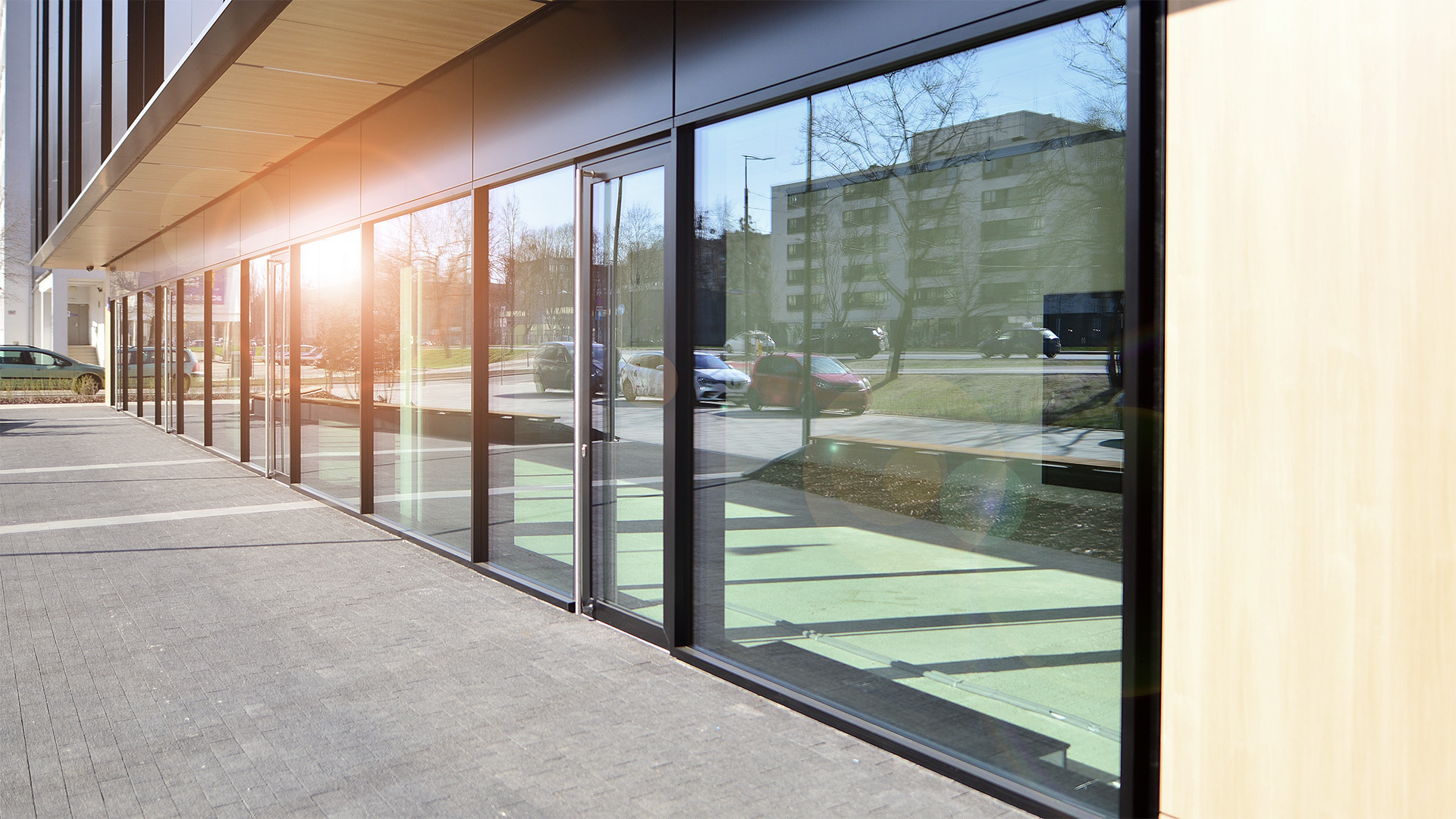The Act on Equipping Buildings with Electric Vehicle Charging Points and Charging Point Capabilities and Automation and Control Systems, also known as the Charging Points Act, entered into force in November 2020. The time limit for the obligation to install electric car charging points is drawing to a close at the end of this year. The obligation applies to existing non-residential buildings.
Three key questions about installing the charging points required by the Charging Points Act


Elina Marttala
Related services
1. To whom does the obligation to install charging points apply and which party supervises it?
Pursuant to section 7 of the Charging Points Act, the building owner of a non-residential building that is currently in use and has more than 20 parking spaces in the building or in the property has to ensure that the building has at least one charging point for electric vehicles by no later than 31 December 2024. The obligation does not concern existing residential buildings or buildings that are planned to be demolished.
Compliance with this section of law is supervised by the Finnish Transport and Communications Agency. If the building owner does not comply with this obligation to install a charging point, the Finnish Transport and Communications Agency requires the owner to remedy the matter in a time limit set by the Agency. If the charging point is not installed within the time limit, the Agency sets a new time limit for the installation and may reinforce the order under the threat of a fine or the threat that the installation of charging point will be commissioned at the expense of the owner.
2. Is it necessary to install the charging point if the building is not in use?
The section of law states that it is applied to a building that is in use, and according to the government proposal concerning the Charging Points Act, the charging point does not have to be installed if the building is not in use. However, the Charging Points Act and the government proposal concerning it do not take a stand on the definition of a building not in use.
The Land Use and Building Act states that bringing a building into use requires that a building control authority has approved the building for commissioning in a final inspection or an interim final inspection. If the Charging Points Act is interpreted in accordance with the Land Use and Building Act, a building is in use even if it is completely empty, provided that a building control authority has approved it for commissioning. This interpretation would mean that a building is not in use if an authority has prohibited its use or if it has not yet been approved for commissioning.
3. Which party is responsible for installing the charging point if the building is leased?
Pursuant to the Charging Points Act, the obligation to see to the installation of the charging point lies with the building owner and does therefore not concern the lessee of the building or property. If the building owner has leased the grounds it owns to a lessee, the building owner needs to pay attention to the requirements under which the statutory charging point can be installed in the area leased to the lessee, particularly in a situation where the lessor or charging point operator will engage in charging point business in the leased area.










